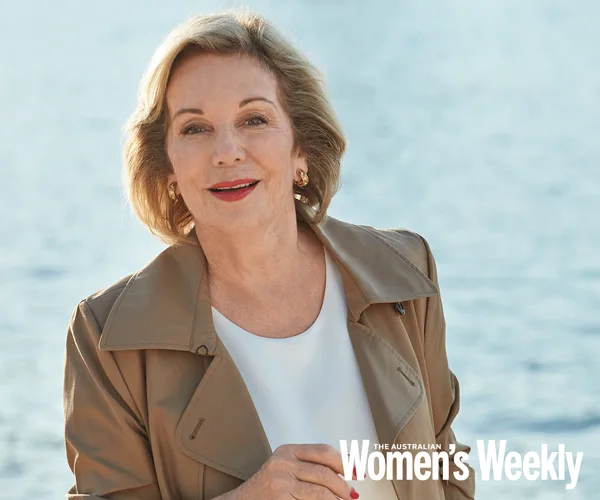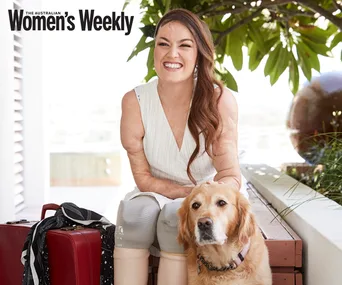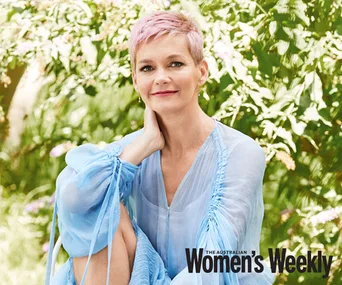It has already been a busy year for Ita Buttrose. No sooner had former editor of The Australian Women’s Weekly been immortalised as a Barbie doll to show girls “there’s nothing you can’t do”, she proved it by agreeing to chair the board of our public broadcaster the ABC.
At 77 she became only the second woman to occupy the post, and the first who was so influential she had a doll made in her image.
“I’ve done a lot in my life but I’ve never imaged being a Barbie doll,” Ita told The Weekly.
“I’m really thrilled.” A key part of the Barbie campaign, Ita says, is: “There’s nothing you can’t do.”
It’s a message she is passionate about, and, apart from a moment of disbelief, she didn’t have any hesitation in agreeing to join the ranks of Amelia Earhart and Ava DuVernay as a “Shero” Barbie doll.
“It’s an honour to be recognised, along with other women around the world who are all making their mark in various ways,” Ita says.
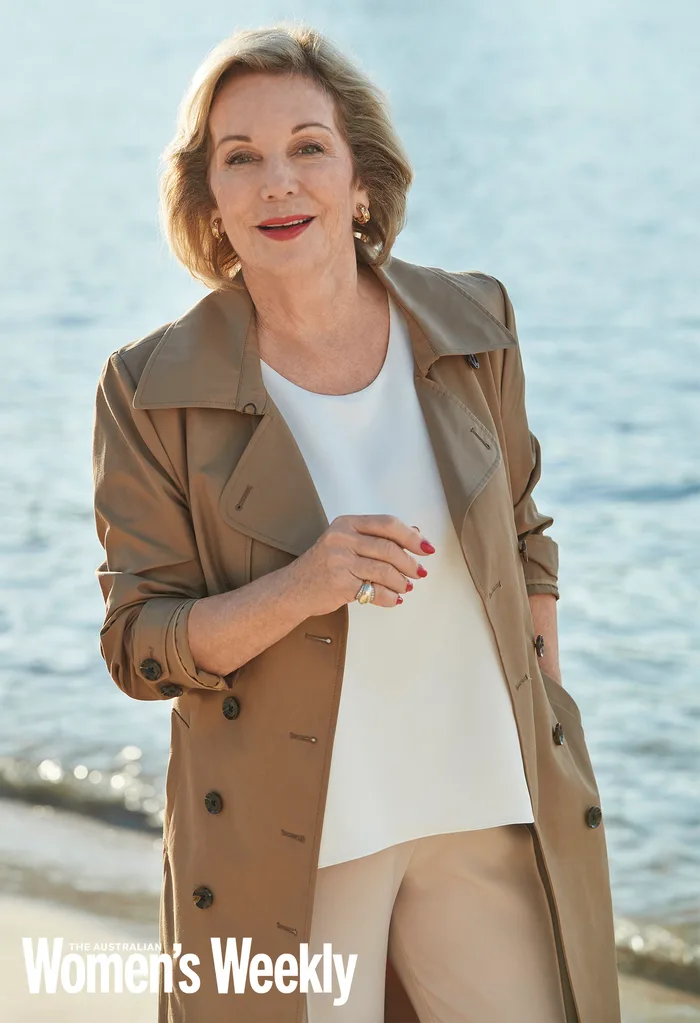
2019 has already been a big year for former Australian Women’s Weekly Editor Ita Buttrose (Image: Julie Adams)
The week before the Ita doll was unveiled, Prime Minister Scott Morrison announced Ita would be appointed chair of the ABC board. She sees the role as yet another opportunity to rattle community perceptions of what women can do and when.
“I hope my recent appointment as chair of the ABC will encourage other older women to realise there are still mountains to climb and you shouldn’t put a blinker on yourself,” Ita says.
“I always say to people, don’t put blinkers on yourself. Don’t put blinkers on when you’re a young woman, but you shouldn’t put them on when you’re older either because just because you’re older doesn’t mean you’re not accomplished. It doesn’t mean you can’t achieve. You’ve got to believe yourself.”
Ageism is perhaps one of the remaining obstacles Ita has yet to dismantle.
Her career ascension coincided with a time of radical social change, and the daughters and granddaughters born after she left The Weekly in the early 1980s to “feminise” Rupert Murdoch’s Sydney newspapers for him, might be shocked to learn the woman who presided over one of the most successful magazines in the world was unable to get a department store charge card without a man’s signature.
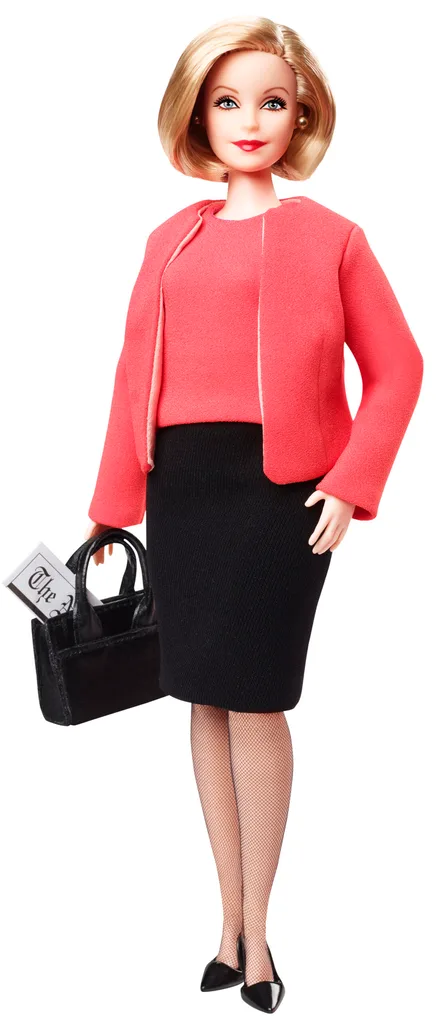
Ita as her very own Barbie (Image: Supplied)
“It’s important that we instil in girls that they have to believe in themselves. They have to believe in themselves,” Ita says.
“You can’t admit that fission of fear you might feel,” she says of taking on the role at News Ltd.
“There’s always a fission of fear when you get a big appointment like that because you want to do the best.”
Growing up in Sydney’s pretty Parsley Bay in the 1950s, Ita Clare Buttrose’s days began and ended with a meal and the news. In the morning, she made a pot of tea and prepared eggs and toast for her father Charles Buttrose, then news editor of the Sydney Daily Mirror, before he left for the office around 7 AM.
“We talked about newspapers,” Ita says. “We talked about the news. We talked about the day’s events. I just found my father’s life really fascinating.”
At night, dinner would be accompanied by the ABC’s 7pm news broadcast.
WATCH NOW: Ita Buttrose on some of the challenges she’s had to overcome in the workplace.
By the time he retired, Ita’s father was the Assistant General Manager for our national broadcaster, a fact that helped Ita understand the culture of the ABC “particularly well”, she says.
“I wish my Dad was alive to see me here today,” she told the press conference announcing her appointment.
As a working woman, Ita’s mother Mary set a rare example of what a woman could achieve outside the home. Creativity and ambition abounded in Parsley Bay, where Ita’s next door neighbour, and future director of Picnic at Hanging Rock and The Truman Show, Peter Weir, was “always organising concerts and plays”.
However the prevailing view for the fairer sex was work was something to fill time before matrimony. Ita left high school at 15 to start working life as a copy-girl at The Weekly and it was here that she was exposed to a whole phalanx of role models.
“They were fantastic,” Ita says. “They were extremely competent, talented, experienced women journalists.
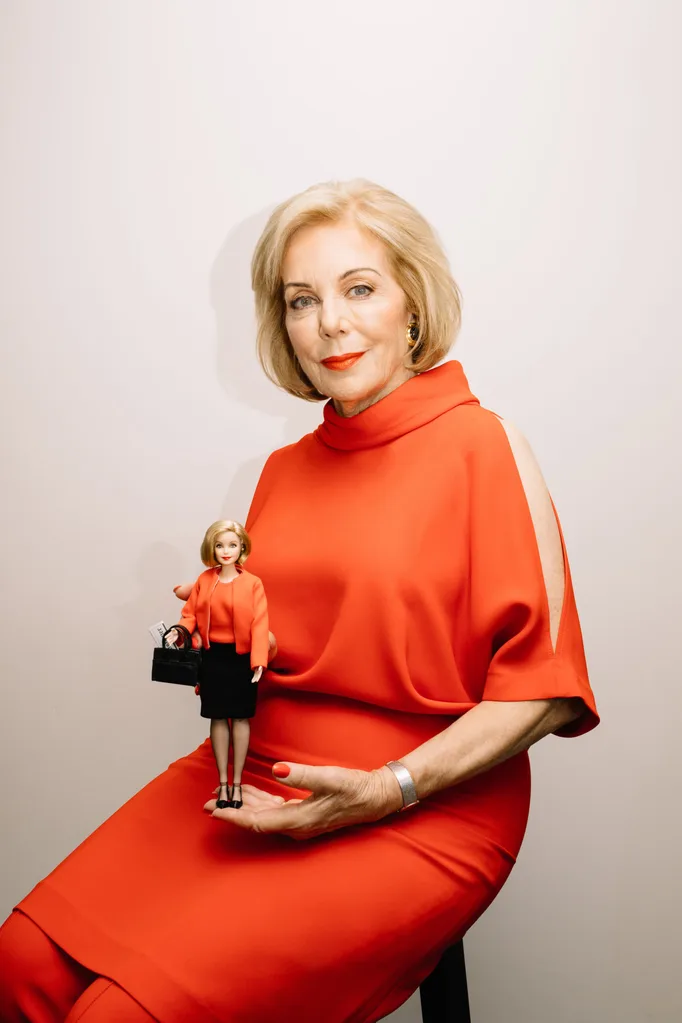
Ita and her very own Barbie mini-me. (Image: Ashleigh Larden)
Despite proving her editorial mettle in magazines, the reception that greeted her when she returned to The Daily Telegraph as editor in chief was hostile. There had never been a woman in the upper echelons of the hierarchy before.
“I was often on boards and I was the only woman there, so you were working with men who didn’t expect to see women in these roles,” Ita says.
“I could whinge and whimper about some of the things but I think you’ve just got to accept that you will meet obstacles and it doesn’t matter if you’re a man or a woman, you’re going to meet them.
“So you look at them and you think: there has to be a way around this obstacle. I’m going to find it.”
She enters this next phase of her long career, as the chair of the national broadcaster, under far different circumstances.
“Australians trust Ita, I trust Ita,” the Prime Minister said in a statement laden with praise.
To read Ita’s full interview, pick up a copy of the new April issue of The Australian Women’s Weekly, on sale now.

